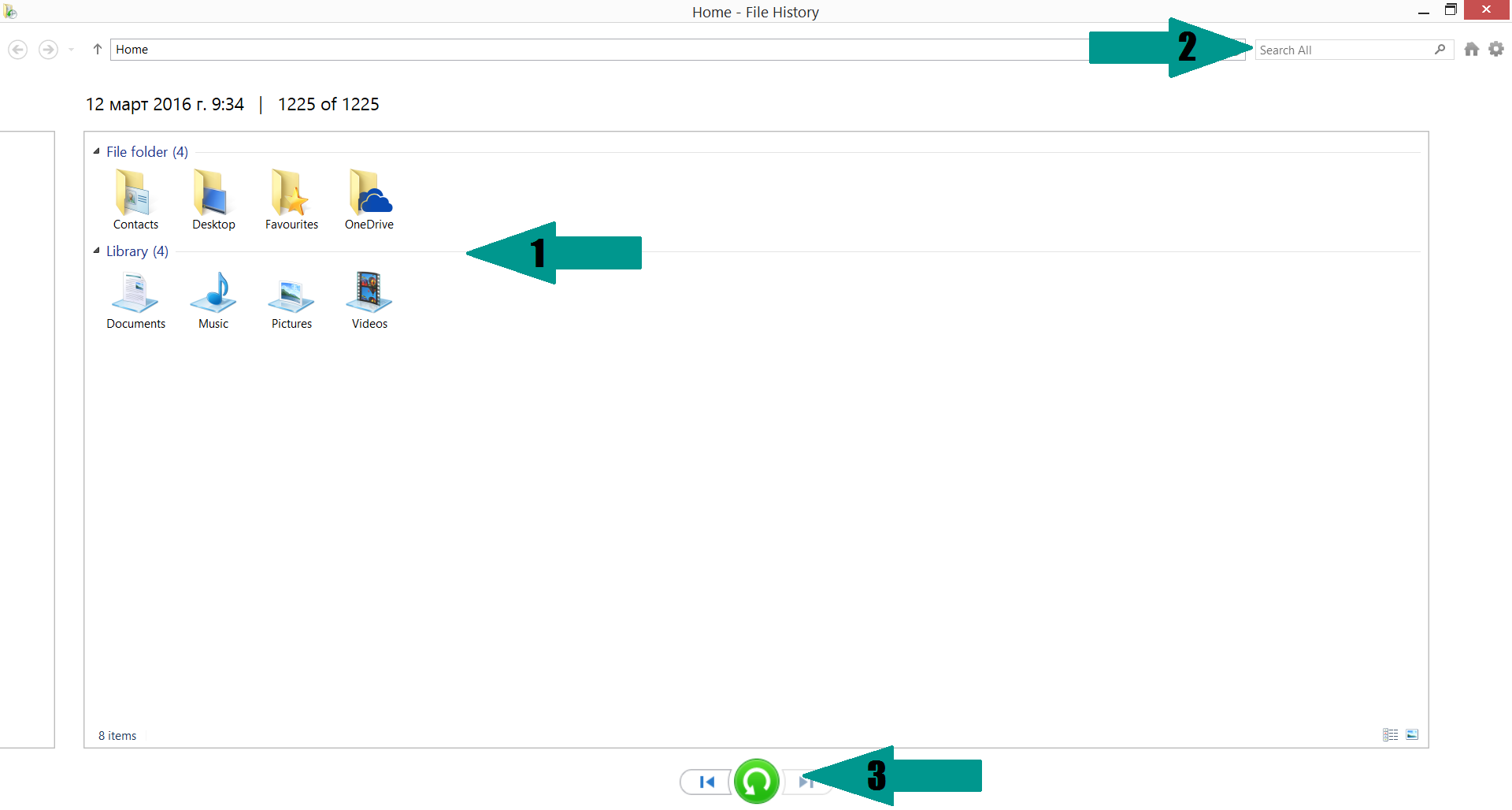The Venis ransomware is a dangerous threat that actually poses as a fake decryption utility for the infamous Cerber ransomware.
| Name |
Venis Ransomware |
| File Extensions |
Does not affect the file name extensions |
| Ransom |
Varies |
| Solution #1 |
Venis Ransomware can be removed easily with the help of an anti-malware tool, a program that will clean your computer from the virus, remove any additional cyber-security threats, and protect you in the future. |
|
Solution #2 |
Venis Ransomware can be removed manually, though it can be very hard for most home users. See the detailed tutorial below. |
| Distribution |
The Venis ransomware is distributed as a counterfeit decryptor for the Cerber ransomware. |
Venis Ransomware Description
The Venis Ransomware appears not to be an active threat at the moment. It drops a ransom note but doesn’t affect any files in any way. Researchers believe that the malware only scares the targets, because the note states that the hackers have collected information from their browsing history, Skype conversations, account credentials and other private information. Ransomwares typically do not feature this type of behavior and as such this can pose a threat only to the uninformed users.
However the source code might contain a function that could “activate” an encryption command, so it is best to remove it as early as possible. The signs of infections are the ransom note creation and its contents.
It is believed that the Venis targets the following extensions:
.csv, .doc, .ppt, .xls,.avi, .bak, .bmp, .dbf, .djvu, .docx, .exe, .flv, .gif, .jpeg, .jpg, .max, .mdb, .mdf, .mkv, .mov, .mpeg, .mpg, .odt, .pdf, .png, .pps, .pptm, .pptx, .psd, .rar, .raw, .tar, .tif, .txt, .vob, .wav, .wma, .wmv, .xlsb, .xlsx, .zip.
These are the ransom note instructions:
‘A11 your files has been encrypted with AES 2048. (Military Grade Encryption)
The key has been sent to our private server which we have access to.
There are no tools online that will allow you to decode your files for free.
The following info has been gathered about this PC.
Usernames
Chrome Passwords/Firefox Passwords
Facebook Messages
Skype History (Deleted and non deleted)
Browser History
Tor History
You have 72 Hours To Comply. (Each delay will cause a price increase)
Drives are completely wiped after this time period is finished while the info is released for the public. (Nothing is spared)
Send us a message at: (Email)
[email protected]’
Venis Ransomware Distribution
The Venis ransomware is distributed as a counterfeit decryptor for the Cerber ransomware. As this particular strain of ransomware is one of the most popular, it is highly likely that concerned users and victims will surf the web to find adequate solutions to their problems.
As a result Venis ransomware infections can be caused by malicious search engines installed by browser hijackers or ads. Spam email campaigns and counterfeit web pages are also a source of this malware.
Venis Ransomware Removal
For a faster solution, you can run a scan with an advanced malware removal tool and delete Venis completely with a few mouse clicks.
STEP I: Start the PC in Safe Mode with Network
This will isolate all files and objects created by the ransomware so they will be removed efficiently.
-
1) Hit WIN Key + R

- 2) A Run window will appear. In it, write “msconfig” and then press Enter
3) A Configuration box shall appear. In it Choose the tab named “Boot”
4) Mark “Safe Boot” option and then go to “Network” under it to tick it too
5) Apply -> OK
Or check our video guide – “How to start PC in Safe Mode with Networking”
STEP II: Show Hidden Files
-
1) Open My Computer/This PC
2) Windows 7
-
– Click on “Organize” button
– Select “Folder and search options”
– Select the “View” tab
– Go under “Hidden files and folders” and mark “Show hidden files and folders” option
3) Windows 8/ 10
-
– Open “View” tab
– Mark “Hidden items” option

4) Click “Apply” and then “OK” button
STEP III: Enter Windows Task Manager and Stop Malicious Processes
-
1) Hit the following key combination: CTRL+SHIFT+ESC
2) Get over to “Processes”
3) When you find suspicious process right click on it and select “Open File Location”
4) Go back to Task Manager and end the malicious process. Right click on it again and choose “End Process”
5) Next you should go folder where the malicious file is located and delete it
STEP IV: Remove Completely Venis Ransomware Using SpyHunter Anti-Malware Tool
SpyHunter anti-malware tool will diagnose all current threats on the computer. By purchasing the full version, you will be able to remove all malware threats instantly. Additional information about SpyHunter / Help to uninstall SpyHunter
STEP V: Repair Windows Registry
-
1) Again type simultaneously the Windows Button + R key combination
2) In the box, write “regedit”(without the inverted commas) and hit Enter
3) Type the CTRL+F and then write the malicious name in the search type field to locate the malicious executable
4) In case you have discovered registry keys and values related to the name, you should delete them, but be careful not to delete legitimate keys
Further help for Windows Registry repair
STEP VI: Recover Encrypted Files
-
1) Use present backups
2) Restore your personal files using File History
-
– Hit WIN Key
– Type “restore your files” in the search box
– Select “Restore your files with File History”
– Choose a folder or type the name of the file in the search bar

- – Hit the “Restore” button
3) Using System Restore Point
-
– Hit WIN Key
– Select “Open System Restore” and follow the steps

STEP VII: Preventive Security Measures
-
1) Enable and properly configure your Firewall.
2) Install and maintain reliable anti-malware software.
3) Secure your web browser.
4) Check regularly for available software updates and apply them.
5) Disable macros in Office documents.
6) Use strong passwords.
7) Don’t open attachments or click on links unless you’re certain they’re safe.
8) Backup regularly your data.
SpyHunter anti-malware tool will diagnose all current threats on the computer. By purchasing the full version, you will be able to remove all malware threats instantly. Additional information about SpyHunter / Help to uninstall SpyHunter



